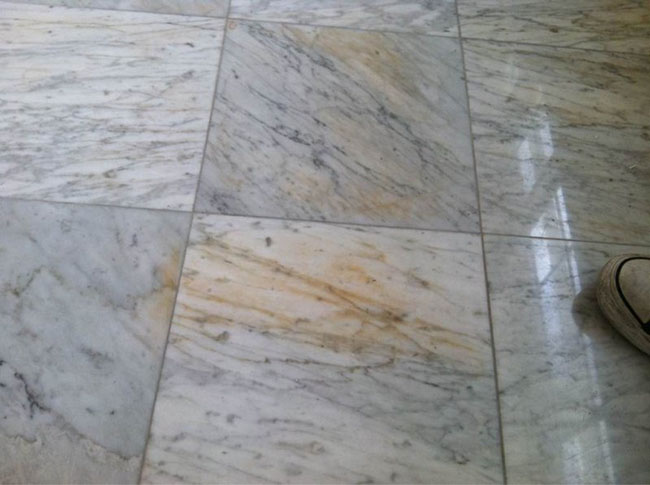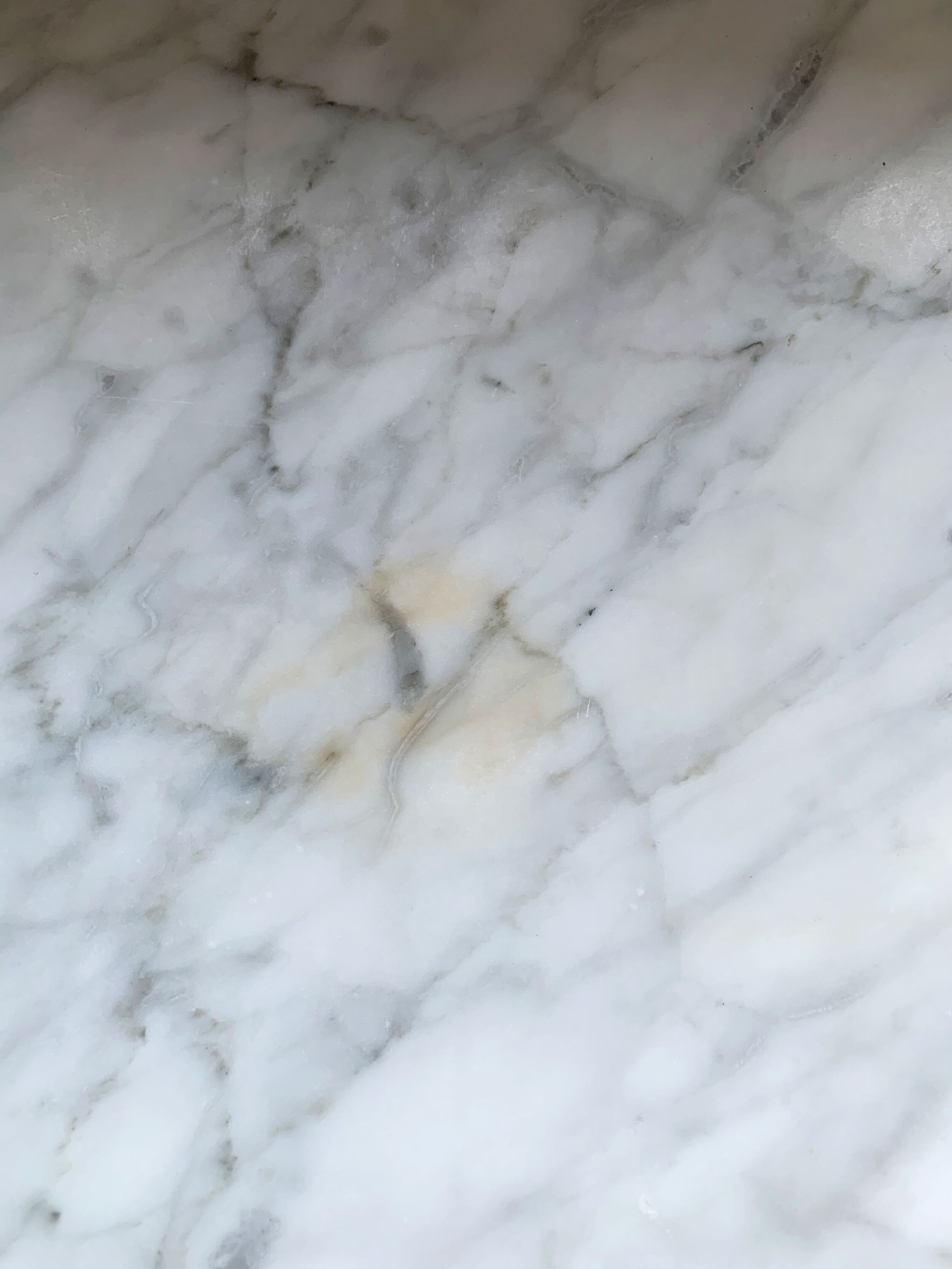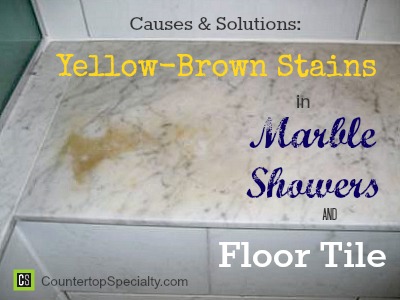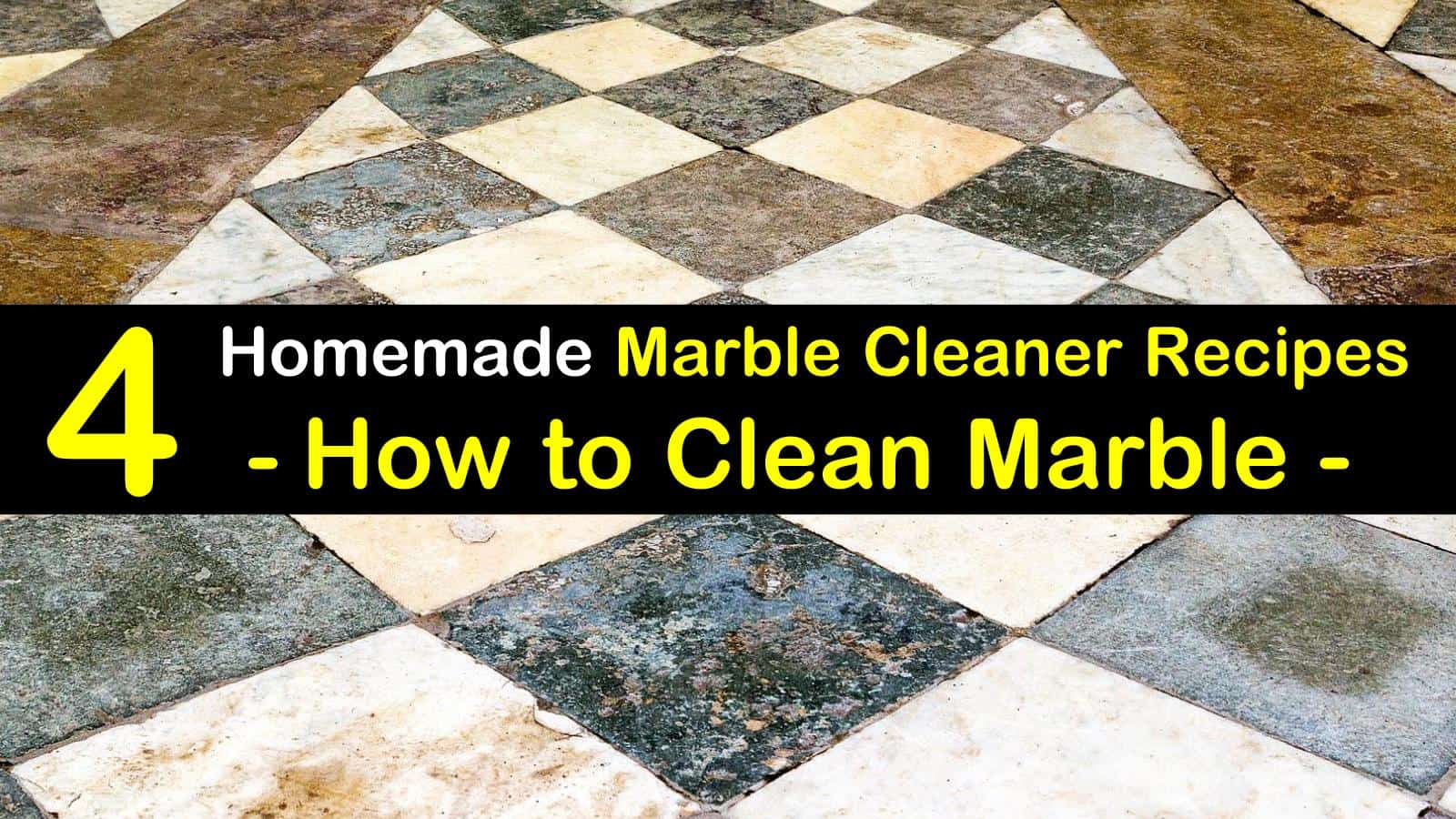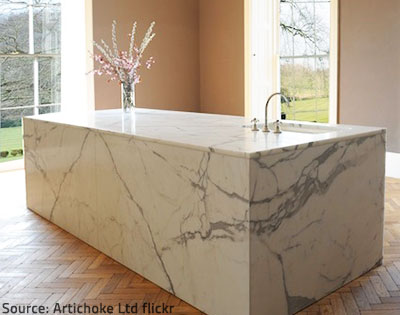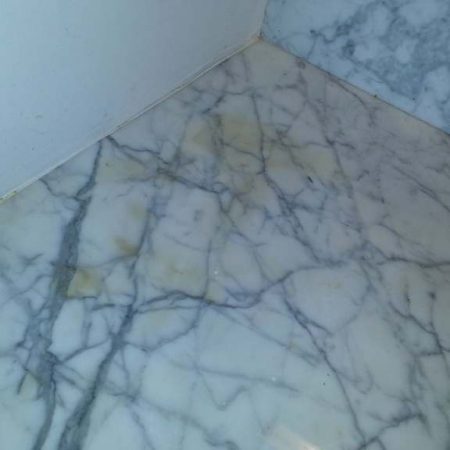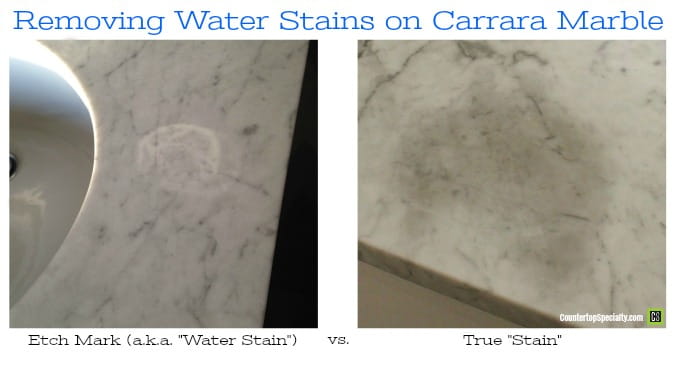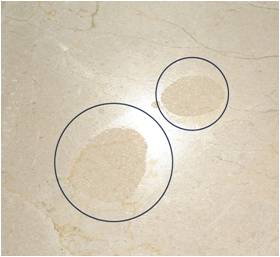Understanding the Types of Stains on Marble Floors
Marble floors are elegant and add a touch of luxury to any space. However, they are prone to stains that can mar their beauty if not properly taken care of. It is essential to understand the various types of stains that can affect marble floors in order to effectively remove them.
- Organic Stains: Organic stains on marble floors are caused by substances such as food, beverages, or plant materials. Common examples include fruit juice, coffee, tea, wine, and pet urine. These stains can penetrate the porous surface of marble and become deeply embedded if not addressed promptly.
- Inorganic Stains: Inorganic stains on marble floors are caused by non-living substances like ink, rust, or dyes. These stains are often more challenging to remove compared to organic stains as they can chemically react with the marble surface, leading to permanent discoloration.
- Biological Stains: Biological stains on marble floors are caused by the growth of microorganisms like mold, mildew, or algae. These stains are usually characterized by dark spots or patches on the marble surface. Biological stains can be particularly stubborn to remove, as the roots of the microorganisms can penetrate deep into the marble.
- Oil-based Stains: Oil-based stains on marble floors are caused by substances like cooking oil, cosmetics, or grease. These stains tend to darken the marble surface and can be difficult to remove completely as they can seep into the pores of the stone.
- Etching Stains: Etching stains on marble floors occur when acidic substances like lemon juice, vinegar, or cleaning products come into contact with the marble surface. These stains are characterized by dull spots or marks that appear lighter than the surrounding marble. Etching stains can be particularly challenging to remove as they involve the physical alteration of the marble surface.

Effective Cleaning Methods for Removing Stains from Marble Floors
Identify the Type of Stain:
Before starting the cleaning process, it is essential to identify the type of stain on your marble floor. Different stains may require different cleaning methods. Common types of stains on marble floors include oil-based stains, organic stains (such as food and wine), rust stains, and water stains.
Blot the Stain:
If the stain is fresh, start by blotting it with a clean cloth or paper towel. This will help absorb any excess liquid and prevent the stain from spreading or penetrating deeper into the marble. Avoid rubbing the stain, as this may cause it to smear or become more difficult to remove.
Prepare a Cleaning Solution:
Depending on the type of stain, you can prepare a suitable cleaning solution. For oil-based stains, mix a small amount of mild dish soap with warm water. For organic stains, create a paste using baking soda and water. Rust stains can be treated with a mixture of lemon juice and salt. Water stains can often be removed with a mixture of hydrogen peroxide and a few drops of ammonia.
Test the Cleaning Solution:
Before applying the cleaning solution to the entire stained area, it is crucial to test it on a small, inconspicuous area of the marble floor. This will ensure that the solution does not cause any discoloration or damage to the marble. Wait a few minutes and check for any adverse reactions before proceeding.
Apply the Cleaning Solution:
Using a soft cloth or sponge, apply the cleaning solution to the stained area. Gently scrub the stain in a circular motion, being careful not to apply too much pressure. Allow the solution to sit on the stain for a few minutes, giving it time to penetrate and break down the stain.
Rinse and Dry:
After the cleaning solution has had time to work, rinse the area thoroughly with clean water. Ensure that all traces of the cleaning solution are removed from the marble floor. Use a clean, dry cloth or towel to pat the area dry. Avoid letting the marble air-dry, as this may result in water spots or streaks.
Repeat if Necessary:
In some cases, stubborn stains may require multiple cleaning attempts. If the stain persists after the first cleaning, repeat the process with the appropriate cleaning solution. Be patient and persistent, as some stains may require several attempts to fully remove.
Natural Remedies for Stain Removal on Marble Floors
Marble floors are known for their elegance and beauty, but they can also be prone to stains. Whether it’s a spill from a glass of red wine or a stubborn grease mark, stains on marble floors can be unsightly and difficult to remove. However, there are several natural remedies that can help you effectively remove stains from your marble floors without causing any damage. Here are some effective methods to consider:
Baking Soda Paste:
– Create a paste by mixing baking soda with water until it forms a thick consistency.
– Apply the paste to the stained area and gently rub it in using a soft cloth or sponge.
– Let the paste sit on the stain for a few hours or overnight.
– Rinse the area with warm water and dry it thoroughly with a clean cloth.
Hydrogen Peroxide and Ammonia Solution:
– Mix equal parts of hydrogen peroxide and ammonia in a spray bottle.
– Spray the solution directly onto the stain and let it sit for about 10 minutes.
– Gently scrub the stain with a soft brush or sponge.
– Rinse the area with water and dry it completely.
Lemon Juice and Salt:
– Squeeze fresh lemon juice onto the stained area.
– Sprinkle salt over the lemon juice and let it sit for a few minutes.
– Use a soft cloth or sponge to gently rub the stain in circular motions.
– Rinse the area with water and dry it thoroughly.
Cornstarch Poultice:
– Mix cornstarch with water to create a thick paste.
– Apply the paste to the stain and cover it with plastic wrap.
– Allow the poultice to sit on the stain for 24 to 48 hours.
– Remove the plastic wrap and gently scrape off the dried poultice using a plastic spatula.
– Rinse the area with warm water and dry it completely.
Vinegar and Water Solution:
– Mix equal parts of white vinegar and water in a spray bottle.
– Spray the solution onto the stain and let it sit for a few minutes.
– Gently scrub the stain with a soft brush or sponge.
– Rinse the area with water and dry it thoroughly.
Preventing Future Stains on Marble Floors Maintenance and Care Tips
Marble floors can add elegance and beauty to any space, but they require proper care to maintain their pristine appearance. Stains on marble floors can be unsightly and difficult to remove, so it is essential to take preventative measures to avoid future stains. Here are some maintenance and care tips to help prevent stains on marble floors.
- Regular Cleaning: Regular cleaning is crucial to prevent stains on marble floors. Use a soft, microfiber mop or a non-abrasive sponge to sweep or mop the floor on a daily basis. Avoid using harsh chemicals or abrasive cleaning tools as they can damage the marble surface.
- Wipe Spills Immediately: Accidental spills are bound to happen, but it is essential to wipe them up immediately to prevent staining. Use a soft, absorbent cloth to blot the spill rather than rubbing it, as rubbing can spread the stain. Prompt action will minimize the chances of the spill penetrating the marble surface.
- Use pH-Neutral Cleaners: When cleaning marble floors, it is crucial to use pH-neutral cleaners specifically designed for marble. Avoid using acidic or alkaline cleaners as they can etch or damage the marble surface. Always follow the manufacturer’s instructions while using any cleaning product.
- Use Coasters and Mats: Place coasters under glasses and mats under vases or other objects that may cause water rings or scratches. The use of protective mats or rugs in high-traffic areas can also help prevent stains from dirt or debris being tracked onto the marble floors.
- Seal the Marble: Applying a high-quality marble sealer can provide an additional layer of protection against stains. Sealers act as a barrier, preventing liquids from seeping into the marble and causing stains. Follow the manufacturer’s instructions for the frequency of resealing, as the effectiveness of the sealer diminishes over time.
- Avoid Using Abrasive Materials: Abrasive materials like steel wool or abrasive scrub brushes can cause scratches and damage the marble surface. Stick to soft, non-abrasive cleaning tools and avoid dragging heavy objects across the floor to prevent scratches.
- Use Cutting Boards: When preparing food in the kitchen, always use cutting boards to avoid direct contact between acidic substances like lemon juice or vinegar and the marble surface. Acidic substances can etch the marble, causing permanent stains.
How to Clean Marble and Granite Floors with Thinner
How To Clean Yellow Stains On White Marble Floors? Slique
4 DIY Ways to Clean Marble
How to Clean Marble Floors – The Best Stain Removal Guide
How to Remove Stains from Marble Surfaces
How to Remove Stains from Marble Surfaces
Old Acid Stains Removed From Marble Floor by Grinding
Color Stains Removal from Marble or Granite
Remove Water Stains on Carrara Marble
Marble Stain Removal Methods will Differ Depending on the Stain Type
Related Posts:
